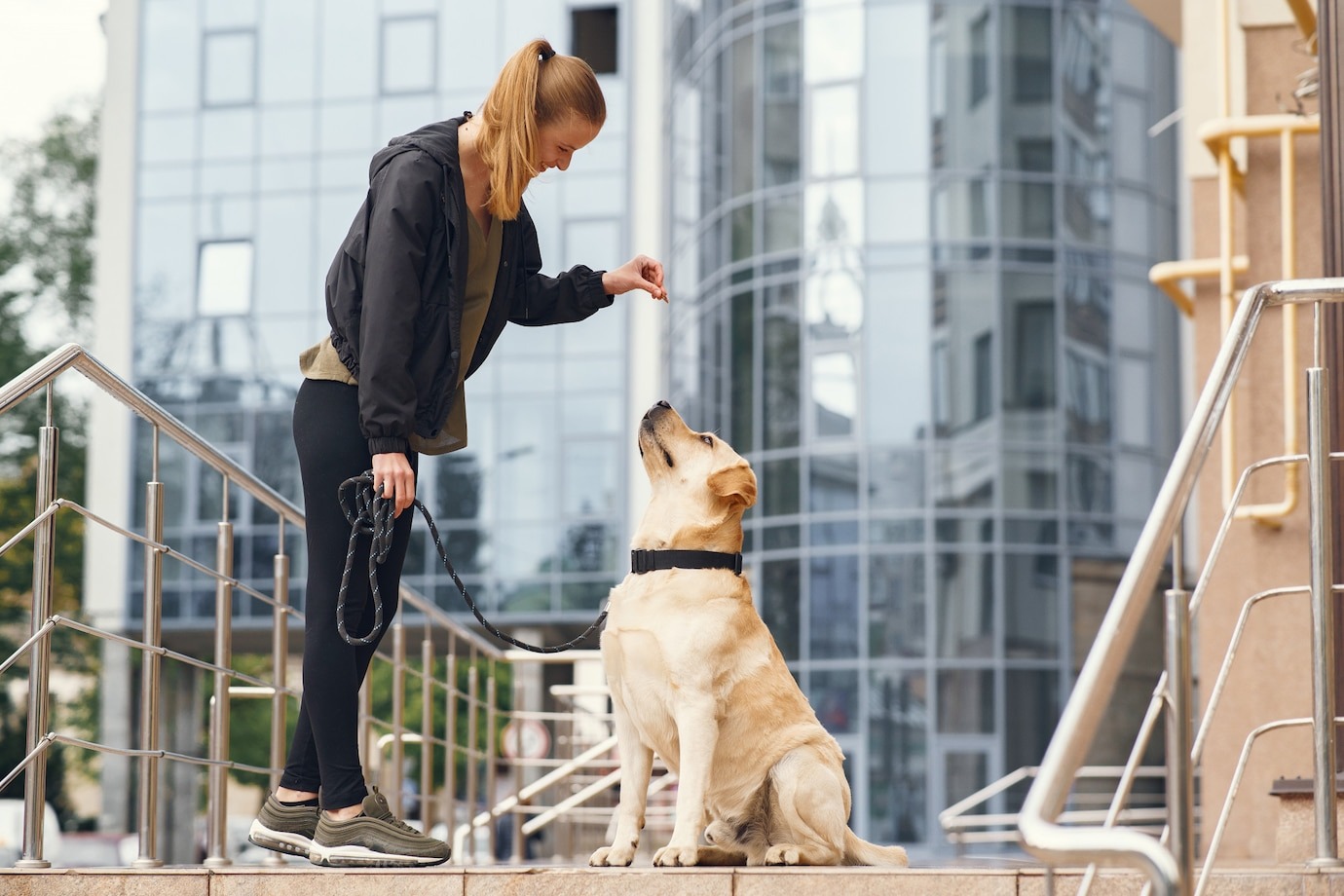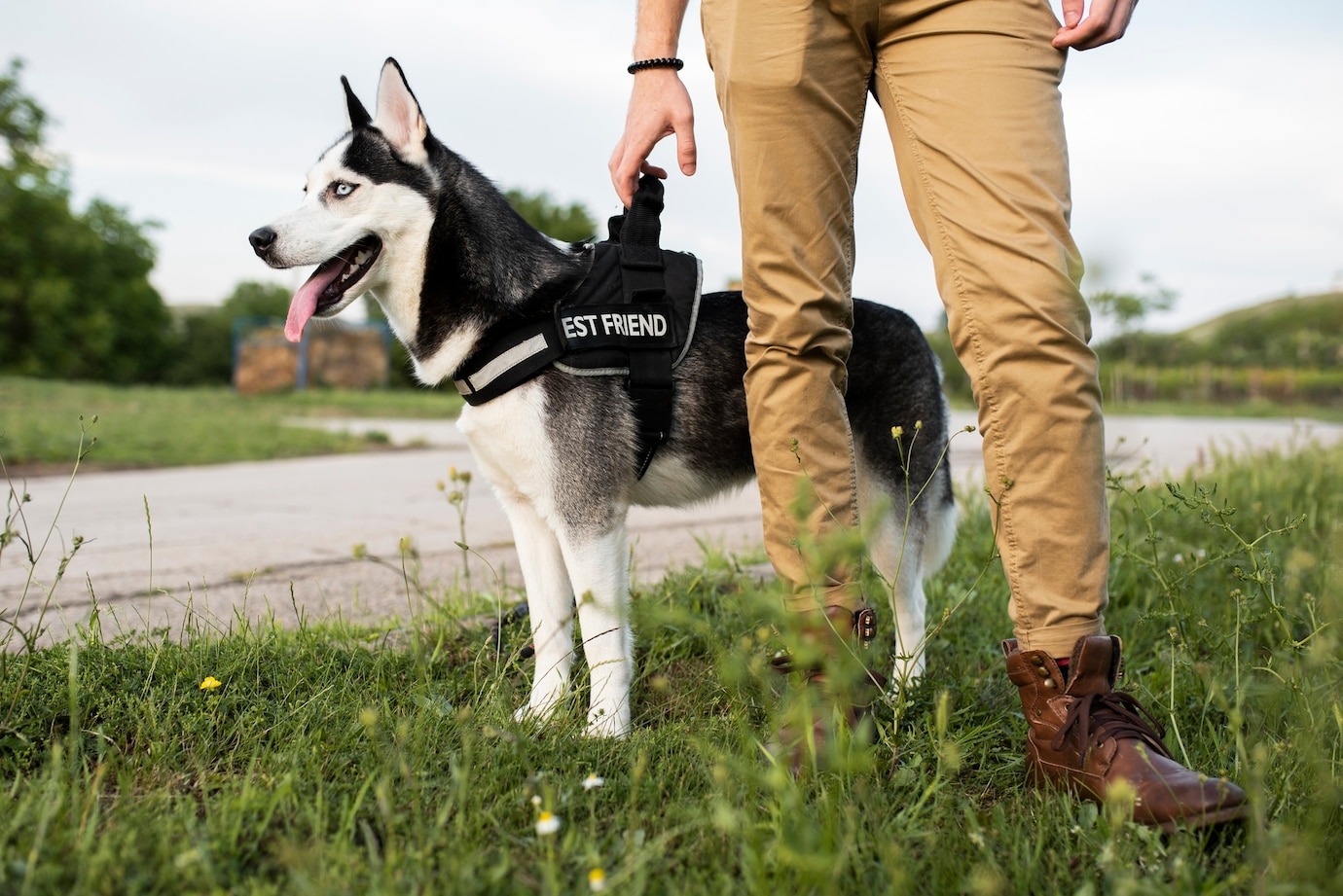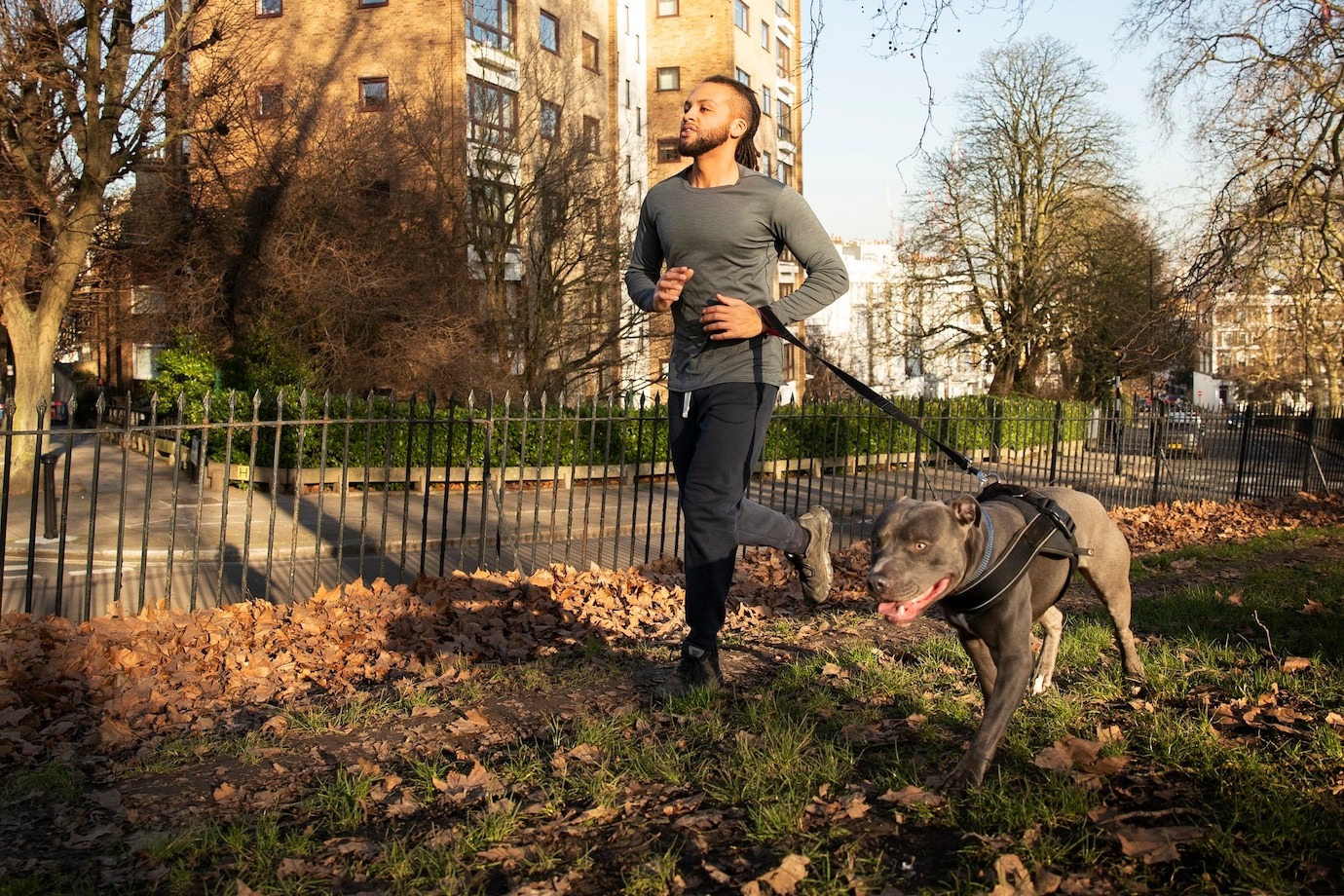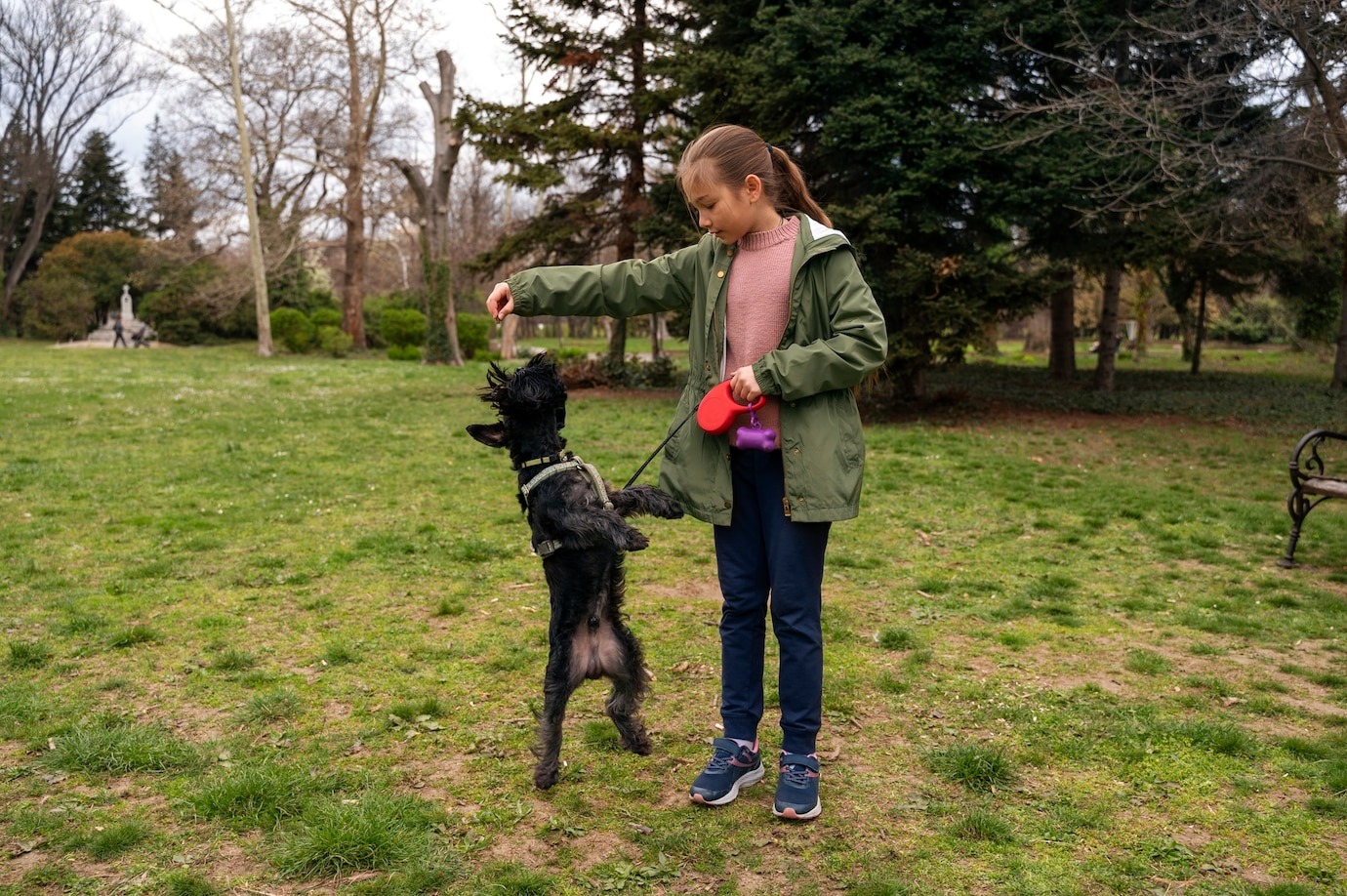Introduction:
Choosing the right dog trainer is a crucial decision for both you and your furry companion. A skilled and compassionate trainer can make all the difference in your dog's behavior and your relationship with them. In this blog, we'll explore the essential factors to consider when selecting a dog trainer to ensure that you and your canine friend receive the best training experience.
1. Credentials and Experience:
Begin your search by examining a trainer's credentials and experience. Look for certifications from reputable organizations such as the International Association of Canine Professionals (IACP) or the Association of Professional Dog Trainers (APDT). A trainer with years of hands-on experience is more likely to have encountered a variety of behavioral issues and is better equipped to address them effectively.
2. Positive Training Methods:
Ensure that the trainer employs positive reinforcement training methods. Positive reinforcement focuses on rewarding desired behaviors rather than punishing unwanted ones. This approach creates a more enjoyable and effective learning experience for your dog and fosters a strong bond between you and your furry friend.
3. Training Specialization:
Consider your dog's specific needs and the trainer's specialization. Some trainers focus on basic obedience, while others specialize in behavior modification, agility training, or service dog training. Choose a trainer whose expertise aligns with your dog's requirements and your training goals.
4. Personal Compatibility:
A good trainer should be someone you feel comfortable working with. Schedule a meeting or consultation to get to know the trainer and discuss your expectations. Pay attention to their communication style and willingness to answer your questions. Trust your instincts; if you don't feel a connection or have doubts, continue your search.
5. References and Reviews:
Ask for references or look for online reviews and testimonials from past clients. Hearing about other people's experiences with a trainer can provide valuable insights into their effectiveness and professionalism. A reputable trainer should be happy to provide references upon request.
6. Training Environment:
Consider the training environment. Some trainers offer in-home sessions, while others conduct training classes in a dedicated facility. Evaluate the setting to ensure it's safe, clean, and conducive to learning. Check for appropriate equipment and tools used during training.
7. Cost and Value:
Understand the trainer's pricing structure and what is included in their training packages. While cost is a factor, prioritize the value you receive. A well-qualified trainer who delivers results may be worth a slightly higher investment than a less experienced one.
Conclusion:
Choosing a good dog trainer is a significant decision that can greatly impact your dog's behavior and your relationship with them. By considering factors like credentials, positive training methods, specialization, personal compatibility, references, training environment, and value for your investment, you can make an informed choice. Remember that a skilled and compassionate trainer can help you and your canine companion achieve your training goals while fostering a strong and positive bond.






